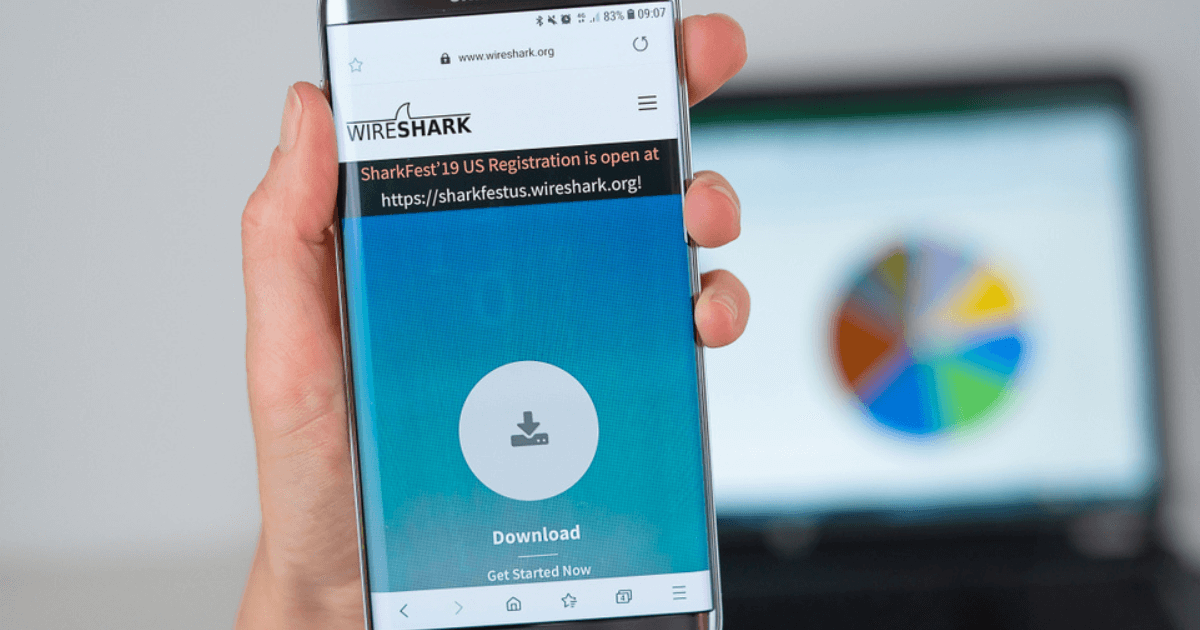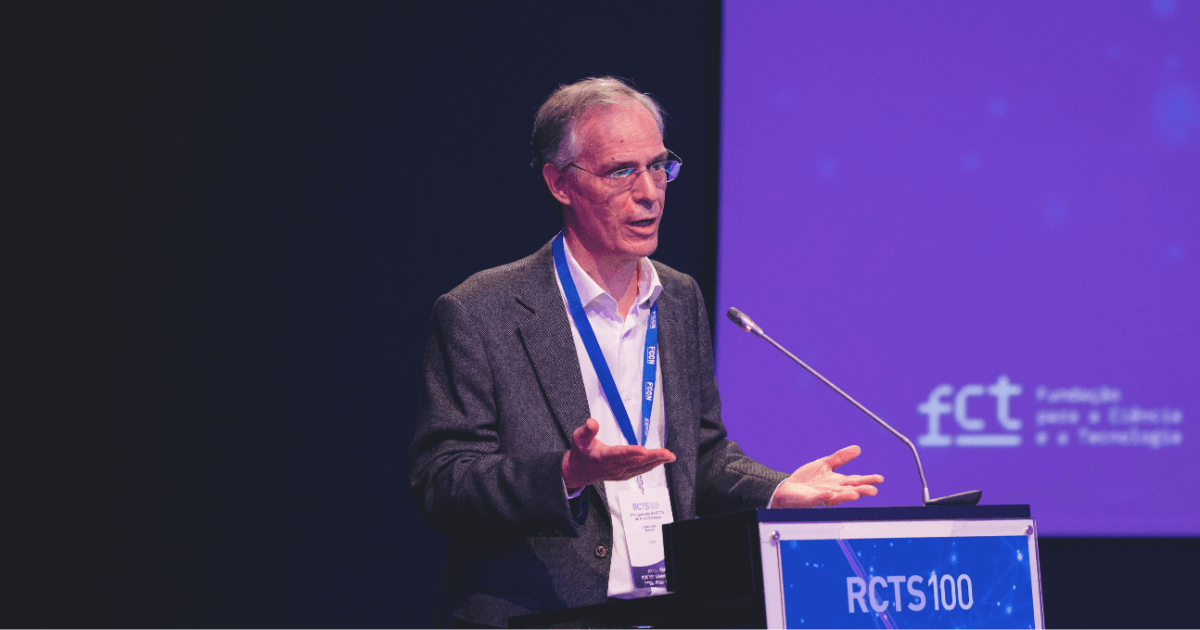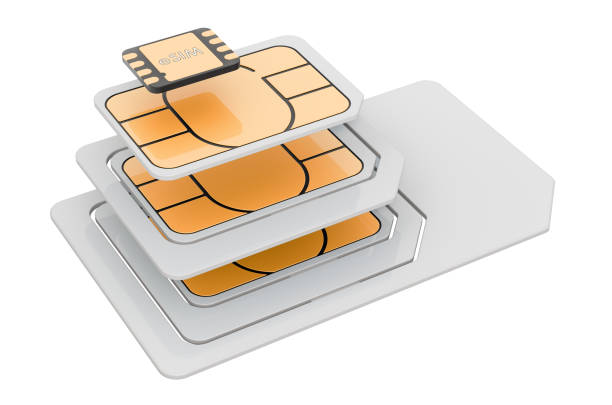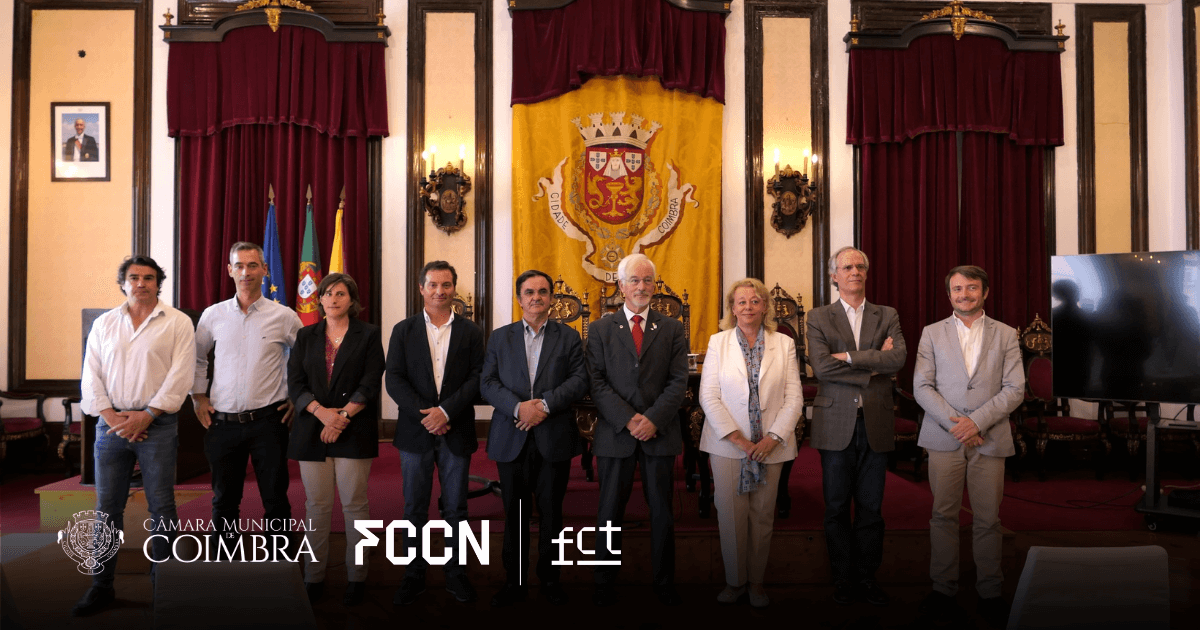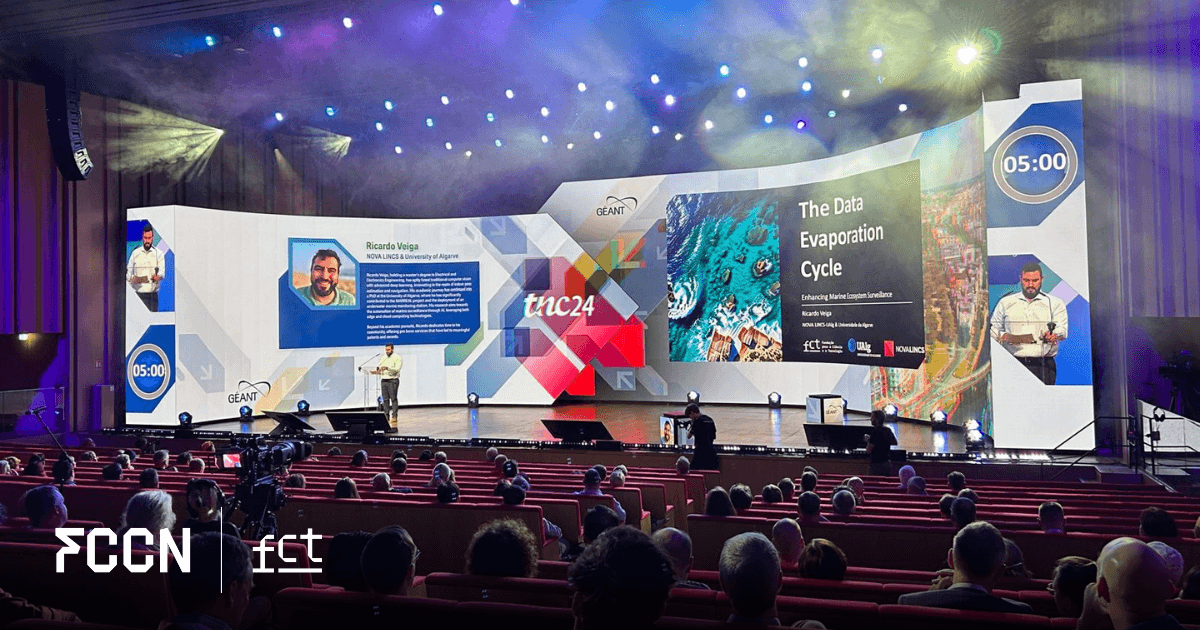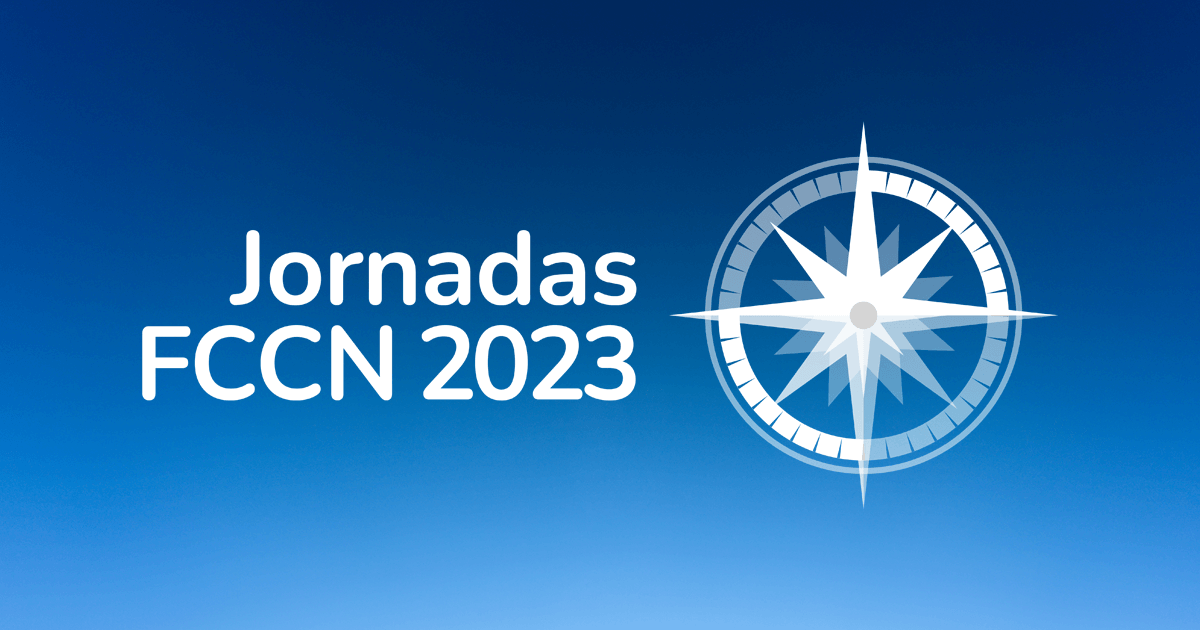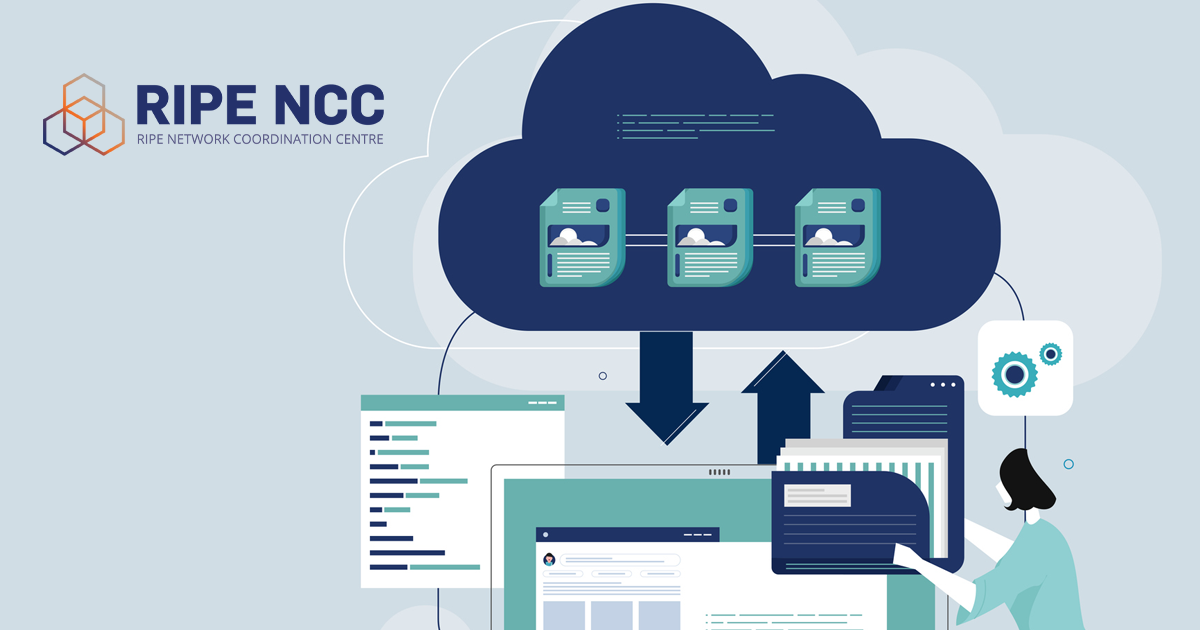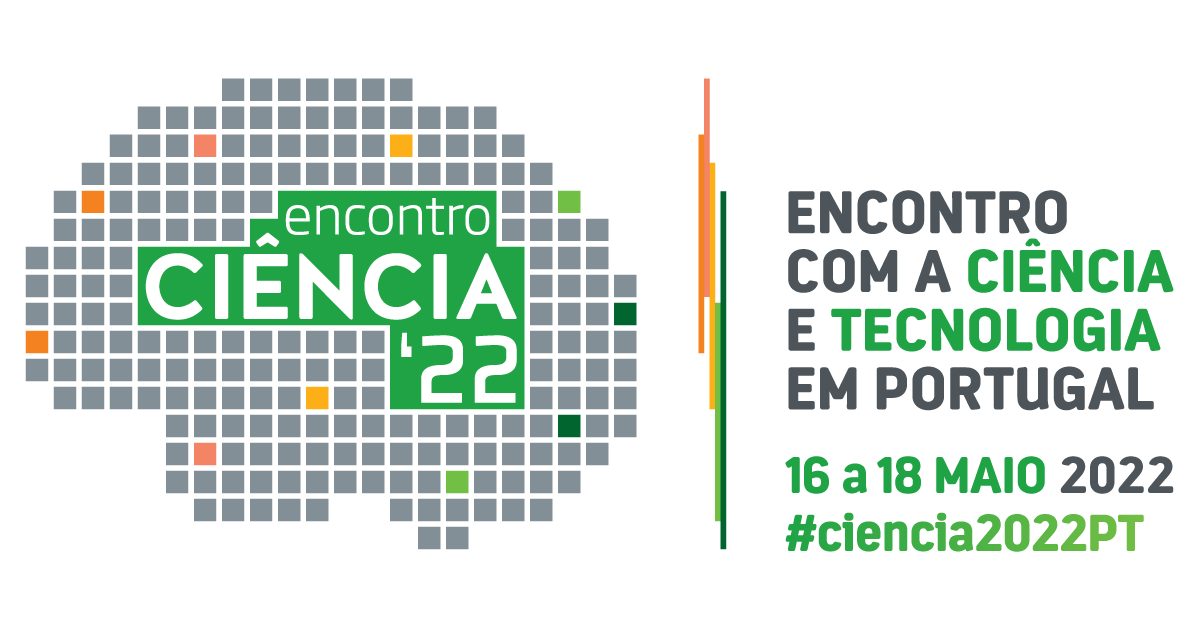One of the main missions of the Foundation for Science and Technologythrough the unit FCCNis to ensure that the academic and scientific community stays connected by providing a fast and efficient Internet connection. Find out how this happens and which services enable this objective to be met.
The beginning of the Internet in Portugal
Connectivity has been present in the life of the FCCN unit from a very early stage. In the fall of 1991, Portugal connected to the Internet, as a result of the "RCCN IP Service" project, run by the FCCN unit(then the Foundation for the Development of National Means of Scientific Calculation).
Since then, a lot has changed. There has been a great evolution in terms of infrastructure, which has allowed access to 100 Gbps of Internet today. However, regardless of the speed, the goal remains the same: to make communication between the national and international academic and scientific community more efficient, through effective connectivity services.
This is why Connectivity is one of the pillars of the unit's mission FCCN. Through the Science, Technology and Society Network (RCTS) - the digital Connectivity and Computing infrastructure aimed at the Research and Teaching community - Communication, Collaboration and the development of new Scientific Knowledge are ensured. Find out more about each of the Connectivity services FCCN:
#1 eduroam
A regular presence on Portuguese campuses since 2003, the eduroam network guarantees secure Internet access for the entire teaching and research community. Each user has their own access credential, which is valid at institutions all over the world. For this reason, with the same login, it is possible to access the Internet in more than 100 countries and territories worldwide. In Europe, for example, there are more than 15,000 hotspots.
eduroam was created around two decades ago, and Portugal was one of the six "pioneer" countries in the initiative , along with the Netherlands, Germany, Finland, Croatia and the United Kingdom. Since then, the management and monitoring of eduroam in Portugal has been the responsibility of the FCCN unit.
#2 GigaPIX
GigaPIX is an Internet Exchange Point provided by the FCCN unit that has a direct impact on Internet use in Portugal. First and foremost, this is a service that allows various Internet providers and content distribution networks to exchange traffic with each other, generating higher connection speeds.
Since GigaPix members can exchange Internet traffic, they can significantly reduce costs by avoiding the use of international connections and finding more cost-effective routes. Companies such as Microsoft, Google or Meo/Altice are some of the members of GigaPIX
In addition to reducing costs, GigaPIX improves the experience of using the Internet (whether browsing, streaming or playing online video games), while also increasing the redundancy of the network infrastructure, as well as its reliability and security.
#3 RCTS IP
RCTS IP is the service that connects education and science entities to the global Internet, which includes knowledge networks such as the European academic network, GÉANT, or the Spanish RedIRIS. It is from this service that all other services and applications are made available FCCN, whether they are related to collaboration, knowledge, computing or security.
Between 2017 and 2022, a requalification project was carried out to extend the fiber optic infrastructure of the national education and research network and ensure its technological upgrade - the RCTS100. In addition to activating new fiber optic infrastructure routes, which made it possible to upgrade connections to various higher education institutions, this initiative also made it possible to create new network rings.
#4 RCTS Plus
Through RCTS Plus, it is possible to have access to advanced functionalities that are ensured through the creation of Virtual Private Networks (VPN). These VPNs allow large volumes of data to be exchanged in a simple and integrated way. For this reason, this service is aimed at projects or applications that require high-performance switched connectivity.
This service can be used by all institutions that have signed up to RCTS IP, and speeds of 1 Gbit/s or 100 Gbit/s are available, using their own address. It is also possible to include entities from other European academic networks through the equivalent GÉANT Plus service.
#5 RCTS Lambda
"Communicate at the speed of light" is the proposal of the RCTS Lambda project, materialized through the creation of point-to-point connections (with low latency and constant jitter - deviation from the periodicity of a presumably periodic signal), normally between two locations of the same entity. This possibility is guaranteed by the investment in more than 2600 km of optical fiber exclusive to RCTS.
In this way, it is possible, through this service, to offer almost limitless communications for students, teachers, researchers and other users, with data transfer at 100Gbps, on an isolated and dedicated channel, which does not influence the performance of other RCTS connectivity services.
Some of the applications of this service concern projects that use advanced computing and data storage, particularly in areas such as Medicine, Biology, Astronomy or Particle Physics.
#6 RCTS FIBRA
This service from FCCN allows educational and research institutions to create fiber optic networks tailored to their needs. By providing a fiber optic pair, without any active equipment in the middle, total traffic isolation and the highest levels of security are guaranteed.
It is also possible to choose which technologies to use, allowing for a flexible response to the specific needs of the organization. By providing a totally isolated means of transportation, this service meets the highest information security requirements.
#7 RCTS VoIP
Voice over Internet Protocol (VoIP) is the technology that makes it possible to establish telephone calls over a data network by converting an analog voice signal into a digital signal. The voice is thus sent over the Internet connection in the form of IP-addressed packets.
Currently, around 40 institutions already use this service, guaranteeing cost savings since these calls can be made free of charge between the entities that subscribe to the service. This is a service that operates 24 hours a day, under controlled conditions, using high-speed connectivity, which makes it highly reliable.
More information about these services from the FCCN unit, which aim to boost connectivity in Portugal and beyond, can be found at https://www.fccn.pt/conectividade/.

